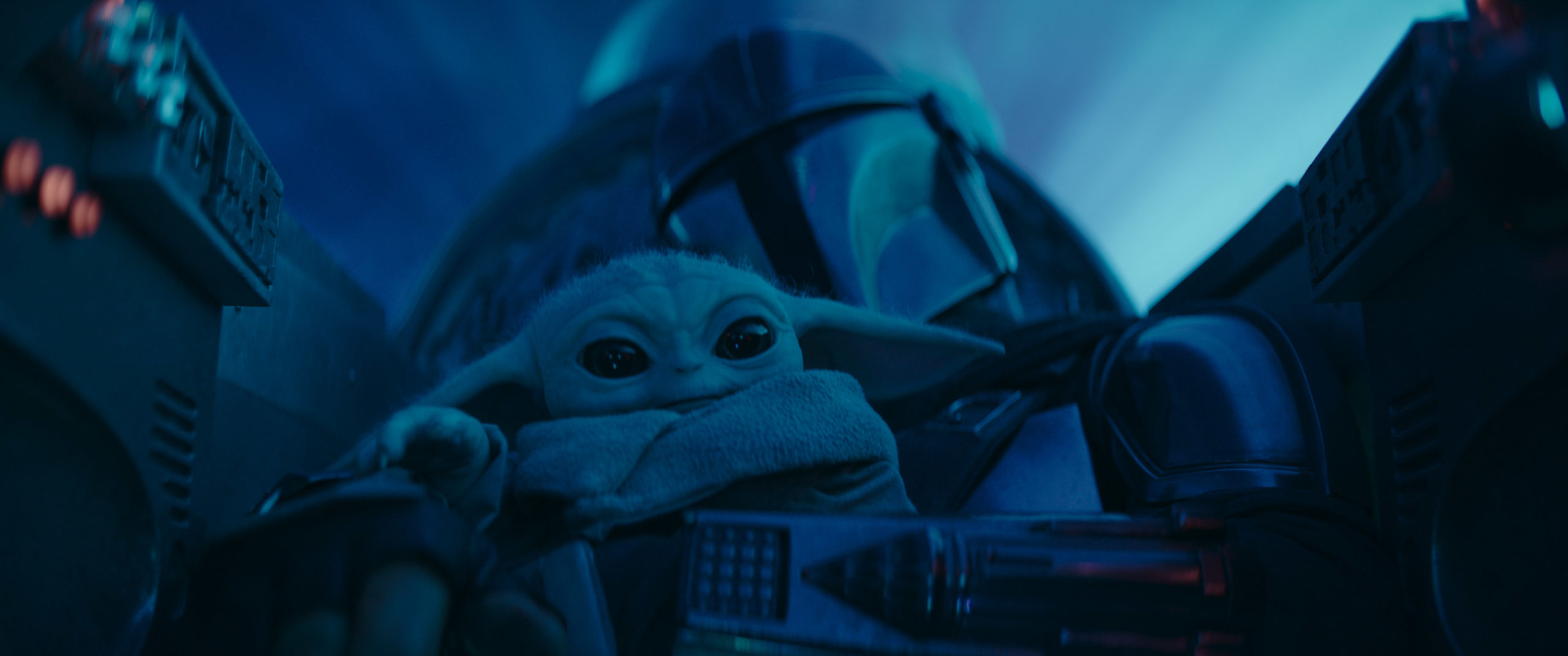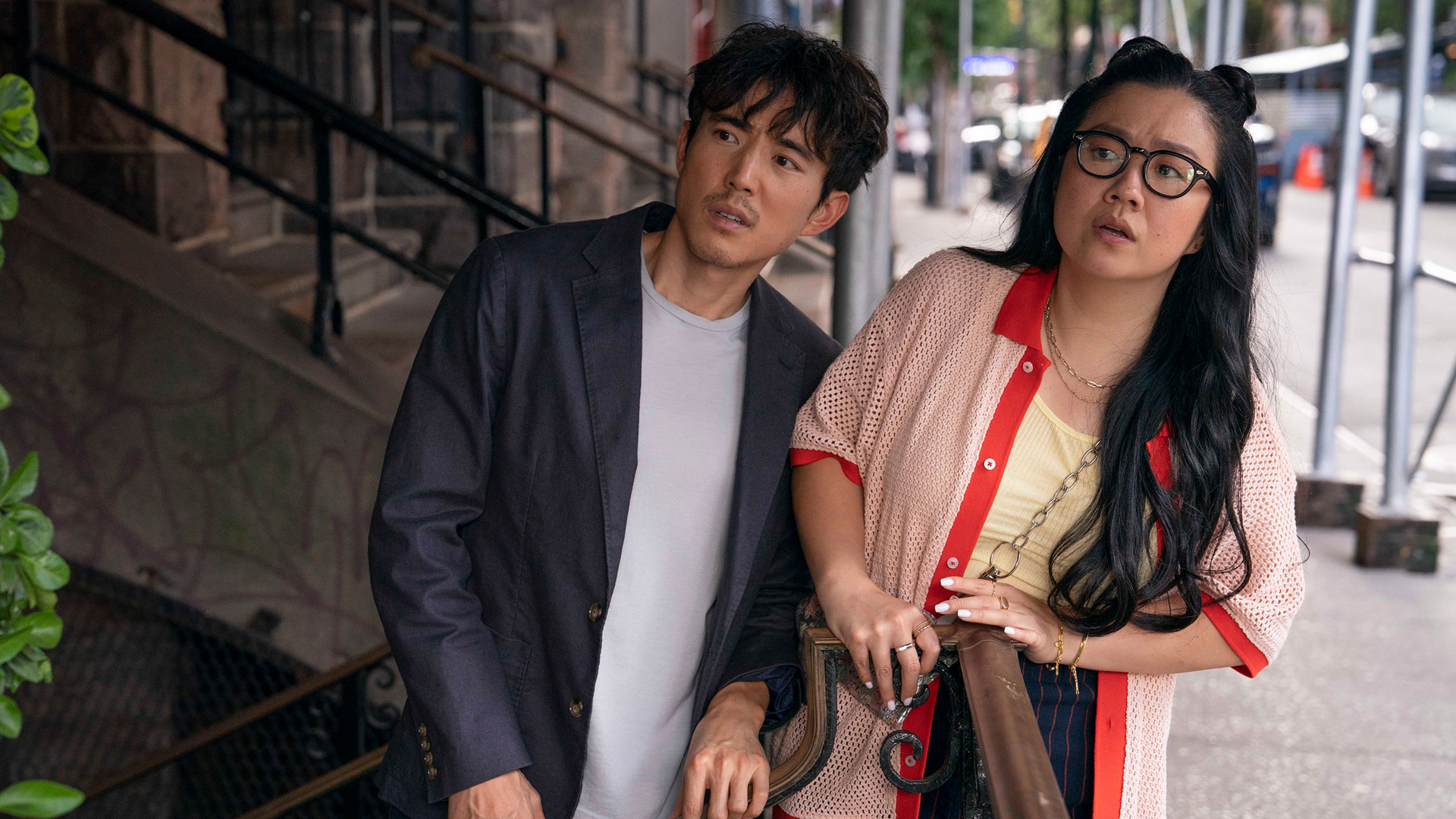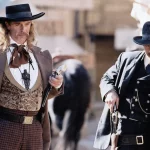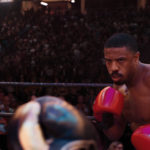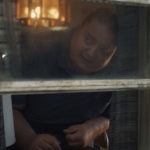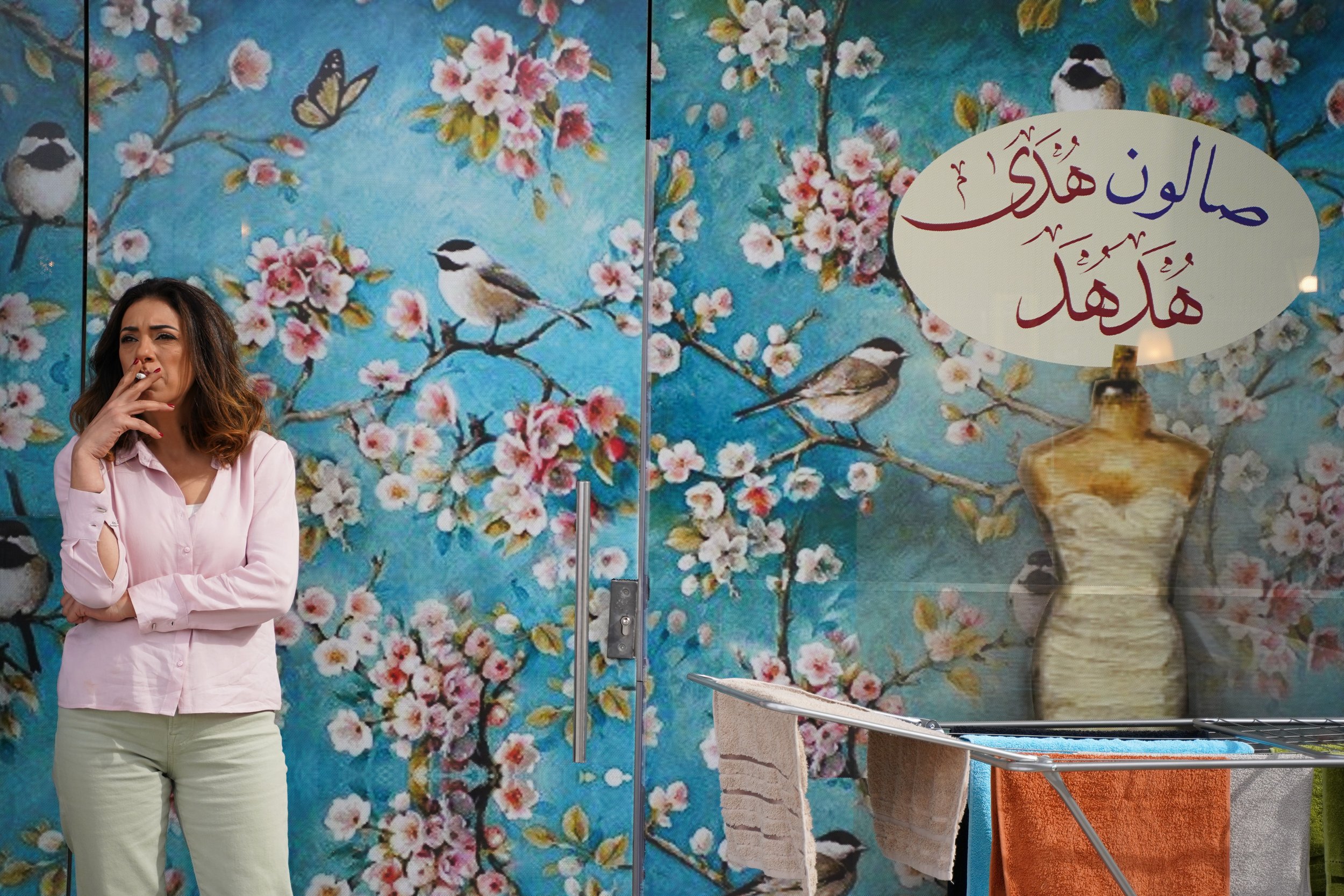It is during her last year of high school that Ruby (an effervescent Emilia Jones) begins to pursue her long interest in music while grappling with her commitment to helping her father Frank’s (Troy Kotsur, The Mandalorian) fishing business. The family unit, filled out by mother Jackie (Marlee Matlin, Children of a Lesser God) and Leo (Daniel Durant), is a warm, bawdy team. Part of what distinguishes CODA from most coming of age dramedies is that Ruby is the hearing daughter of deaf parents, and the tension that creates for the actors to embrace.

While the entire film is wonderful (one of the year’s very best), I want to focus on one particular performance in the story’s emotional climax, Troy Kotsur’s work as Frank, the family patriarch. Ruby’s journey leads up to her high school choir recital, which, naturally, her family attends. First, the choir performs a group number that sees Ruby highlighted. Her parents at first watch attentively, signing to one another about how beautiful she looks on stage.Gertie, Leo’s girlfriend and Ruby’s best friend, tells the family how good their daughter sounds. Jackie is somewhat dismissive, but director Sian Heder (GLOW) leaves her camera on Frank for an extra beat. Troy Kotsur expression shifts subtly as though a weight has begun to slowly pull his lips into a frown.
Unable to truly experience the performance, Frank and Jackie’s attention turns to the mundane – a misbuttoned shirt and dinner plans. When the recital concludes with a duet by Ruby and her boyfriend of “You’re All I Need to Get By,” Frank sits forward in his seat rapt with a look of deep consideration. Just as the song begins to pick up, Heder shifts the perspective entirely to capture Frank and Jackie’s experiences. The sound drops away as Jackie touches Frank’s arm in a moment of intimacy. Frank begins to look around at the other audience members – he’s allowed to see his daughter’s achievement only through the expressions of the people around him: one woman smiles, an elderly couple unconsciously nods to the music, Ruby’s best friend has tears in her eyes. Jackie motions towards a woman a few rows ahead moved to tears by the performance. When Frank nods in response, Kotsur appears to be on the verge of physical pain as he expresses the frustration that Frank can never fully experience his daughter’s potential greatness. Kotsur never oversells the moment but it’s abundantly clear through the subtle beats of the performance how deeply Frank is grappling with what he believes is best for his daughter.

After the concert, Jackie beams as all proud parents do while Frank, otherwise the film’s most gregarious character, seems overtaken by a spell of sadness. Even the choir director’s inadvertent “nice to fuck you” sign langauge greeting – instead of the intended “nice to meet you” – barely elicits a smile. An hour earlier he was making ribald jokes about farts and his sex life, and now the gaffe fails to register.
It is when the family arrives home that evening that the year’s most magical and moving scene occurs. Rather than head into the house, Frank decides to stay outside for a moment to get some fresh air. He takes a seat on the back of his pickup truck and, after a beat, Ruby decides to linger behind with her dad. After a few moments where you can feel Frank working up the nerve, he turns towards his daughter and asks what her song at the show was about. The way Kotsur looks at Jones in these moments bespeaks a truly remarkable blend of pride, curiosity, and sadness. Frank knows he can never fully understand her gift, and he already knows that he has to let his little girl go chase her dreams.

When Frank asks Ruby to sing the song from the show, you can sense a father’s near overwhelming curiosity. Kotsur plays the moment perfectly as Jones begins to sing – he puts his hand to her throat to feel the song and slowly the emotions begin to overwhelm him.
A brief tangent on appearances – Kotsur has grown out a thick beard and long unkempt hair for the role. His Frank looks the part of a roughneck Gloucester fisherman, a man who works a hard, physical day and enjoys a joint before repeating it time and again. The visual of a man who looks so hard giving in to his emotions in this moment is stark.
Frank is engulfed by the experience of seeing his child’s true talent for the very first time. Kotsur’s work in the scene moves me deeply each and every time I watch it. Without a word or a sign and little more than a few slight movements of his head, Kotsur conveys all the emotion and the fear each parent must confront. No matter how much I care, no matter how involved I am, no matter how close I am with my kids, I’m not going to know everything that makes up who they become. As they grow up, they’ll have hopes and fears, secrets and dreams that I’ll never be able to fully comprehend.
I cannot imagine the sense of loss I would feel if I were unable to experience and understand the things that most bring my kids to life. In just a few moments of dialogue-free screen time, Kotsur manages to convey so very much about the fears and tribulations of fatherhood, and about the abject terror of not being able to experience what makes your kids great. The goal of acting is to convey the emotional truth of a character. I’ve seen no truer performance in a film this year than Kotsur’s work in this scene.
CODA is not the sort of movie where the ending is ever seriously meant to be in doubt. No one who has been to the movies before could seriously believe Ruby would choose the family fishing business over pursuing her gift for singing, nor does it matter. CODA is ascendant not because of the drama of the plot but rather as a result of the strength of the performances. Troy Kotsur, in particular, has tapped into a profound emotional truth in CODA, and I can only hope he gets the Oscar nomination he so richly deserves.




